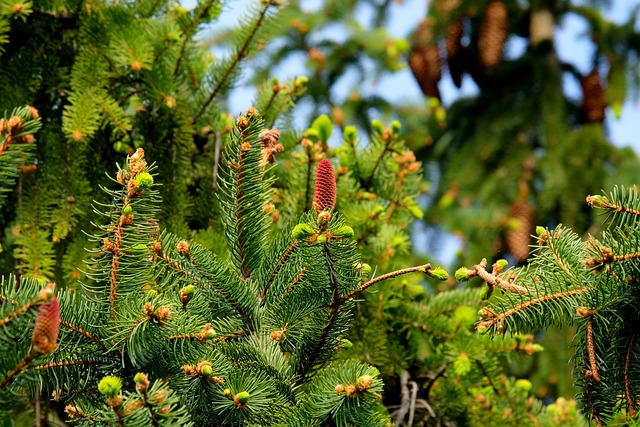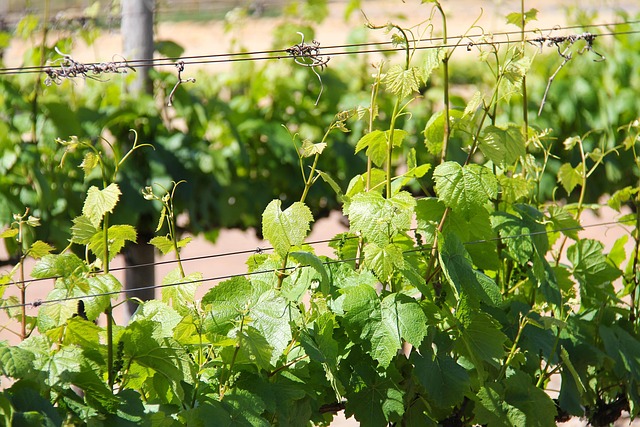In today’s rapidly urbanizing world, the desire for a greener environment has become more pressing than ever. As city dwellers, many of us yearn for a connection to nature and a more sustainable lifestyle. Enter the concept of an eco-friendly garden—a beautiful, sustainable oasis that can thrive amidst the bustling concrete jungle. Embracing sustainable urban utilization methods not only helps cultivate a greener space but also fosters a sense of community and peace.
Creating an eco-friendly garden begins with understanding your local environment. Assess the climate, soil quality, and available space before diving in. By utilizing native plants, you promote biodiversity and attract beneficial insects, which can keep the ecosystem of your garden thriving. These plants are well adapted to the local climate and require less water and maintenance, making them perfect candidates for any sustainable urban garden.
Water conservation is another crucial aspect of sustainable urban utilization methods. Consider implementing rainwater harvesting systems, which allow you to collect and store rainwater for irrigation. Drip irrigation systems are also an efficient way to minimize water waste, delivering moisture directly to the plant roots where it’s needed most. Additionally, layering mulch in your garden beds helps retain moisture in the soil, reducing the need for frequent watering.
Composting is another fundamental practice that enriches your soil while reducing waste. By recycling kitchen scraps and yard debris, you can create nutrient-rich compost that will promote healthy plant growth. This method not only improves the quality of the soil but also diverts waste from landfills, aligning perfectly with eco-friendly gardening principles.
Engaging in vertical gardening and container gardening is a brilliant way to maximize limited space in urban settings. Vertical gardens not only provide visual appeal but also enhance air quality and can significantly increase the amount of green space in your living area. Containers can be used to grow a variety of plants, from herbs to vegetables, allowing anyone, regardless of space limitations, to cultivate their own green haven.
Incorporating eco-friendly practices into your gardening routine fosters a greater sense of responsibility towards the environment. Utilizing organic fertilizers and pest control methods minimizes the impact of harmful chemicals on your garden and the surrounding ecosystem. By choosing to go organic, you not only protect your plants but also contribute to a healthier urban environment.
To further enhance your eco-garden, consider planting trees and shrubs to create shaded areas. These green giants offer respite from the sun, improve local air quality, and provide habitats for countless species. They are a vital part of any sustainable urban ecosystem, contributing to carbon sequestration and reducing the urban heat island effect.
Ultimately, an eco-friendly garden is a reflection of our commitment to harmonizing with nature. By employing these sustainable urban utilization methods, we can cultivate spaces that bring joy, beauty, and health to our lives and communities. Whether you have a sprawling backyard or a cozy balcony, there’s always a way to bring the beauty of nature into your urban abode. So grab your gardening gloves and dig deep; let’s nurture a greener urban landscape together!




